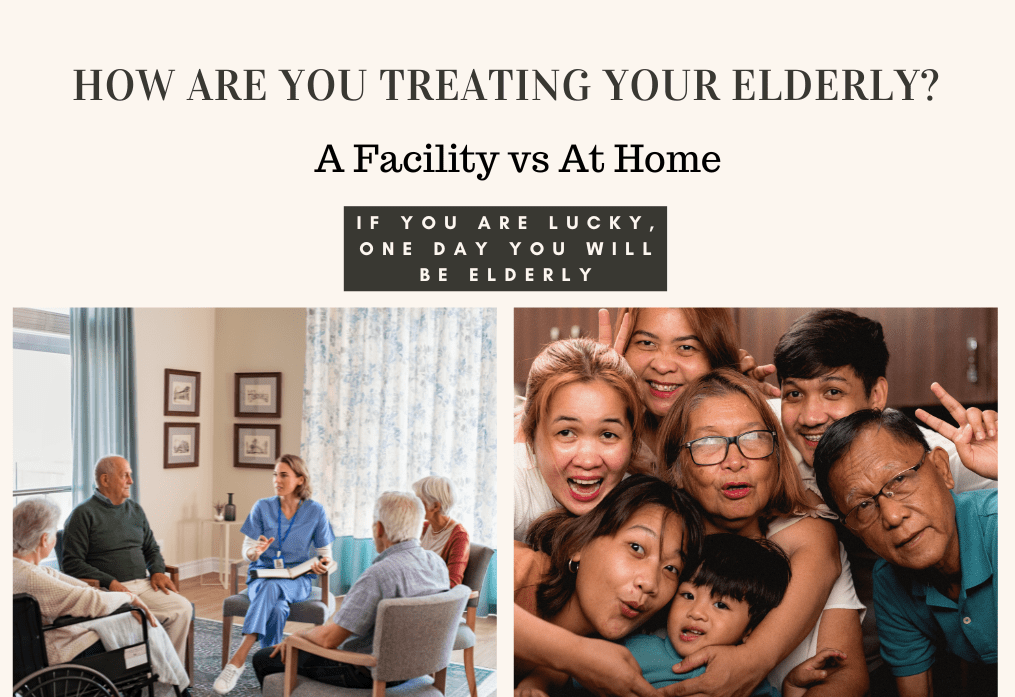In the United States, many seniors are placed in assisted living facilities. This trend often sends the unspoken message: “We no longer need you.” This practice contrasts sharply with cultures that revere their elderly, integrating them into family homes and communities. Eldercare in countries like Japan and Italy shows the elderly as respected figures. They share wisdom, traditions, and experiences with younger generations. They are seen as integral, not a burden.
We must shift our perspective and take inspiration from the Blue Zones. These regions are known for their longevity and quality of life. In these places, elders live meaningful, integrated lives. These areas emphasize community, healthy eating, physical activity, and strong social connections. We should adopt these principles at home and in necessary assisted living facilities.
Best States for Seniors to Live Independently and Senior Living Services
| Best States for Independent Seniors | Best States for Senior Living Services | Key Services Offered |
|---|---|---|
| Florida | Minnesota | Memory care, rehab, hospice |
| Arizona | Oregon | Nutrition plans, therapy |
| South Dakota | Colorado | 24/7 care, social activities |
| Maine | Washington | Skilled nursing, respite |
| Vermont | Wisconsin | Assisted living, home care |
These states offer environments for seniors to live independently with support. They give access to a comprehensive array of services if needed. We shouldn’t automatically place seniors in homes. Instead, we must be more proactive about incorporating elderly care into our family structure.
Global Elder Care: What Other Countries Do Better

| Country | Care for Seniors | Key Benefits |
|---|---|---|
| Japan | Seniors live with family, community respect | Social integration reduces loneliness |
| Aging in place supported by the government | Aging in place supported by the government | Cultural preservation, emotional well-being |
| Denmark | Government-funded in-home care | Personal autonomy, active aging policies |
| Sweden | Strong social safety nets, elder-focused programs | Healthcare, financial stability |
| New Zealand | Aging in place supported by government | Encourages independence while offering needed assistance |
These nations emphasize keeping seniors within their communities, fostering a sense of belonging and purpose. In contrast, the U.S. leans on assisted living as a more frequent solution. This leads to isolation and feelings of neglect, contributing to a shortened lifespan.
Foods for Elder Brain Health
Elderly individuals need vital nutrients to support cognitive health and overall well-being. Here’s a look at some foods that can make a difference:
| Food | Vitamins/Nutrients | Benefits |
|---|---|---|
| Barley | B Vitamins, Fiber | Supports heart health, digestion |
| Seaweed (Kelp) | Iodine, Omega-3s | Brain activity, thyroid regulation |
| Leafy Greens | Vitamin K, Folate | Cognitive health reduces inflammation |
| Fatty Fish | Omega-3 Fatty Acids | Reduces brain aging, supports memory |
| Nuts & Seeds | Vitamin E, Magnesium | Protects against cognitive decline |
These foods are rich in antioxidants, vitamins, and healthy fats. They can enhance brain performance and preserve memory. They also reduce inflammation, an essential factor in aging-related diseases.
Key Supplements for Cognitive Health in Seniors
| Supplement | Advantage |
|---|---|
| Magnesium L-threonate | Supports memory, improves cognitive ability |
| Krill Oil | Omega-3 source reduces brain inflammation |
| Luma TC | Promotes mental clarity and alertness |
| Vibrant Wellness Cellular Testing | Identifies cellular imbalances |
| LifeVantage Brain Products | Supports brain health, boosts mental energy |
These supplements are vital for seniors. They help preserve mental sharpness, reduce the risks of cognitive decline, and improve overall brain health.
Conclusion
We must reevaluate how we care for our seniors in the United States. We should not push the elderly to the margins of society. Instead, we should implement holistic approaches inspired by Blue Zones in our homes and facilities where needed. Seniors are not a burden but a source of wisdom and experience that deserves respect and care.
Through better policies, family structures, proper nutrition, and supplements, we can enhance the quality of life for seniors. This allows us to create a future where they continue to thrive with dignity.









